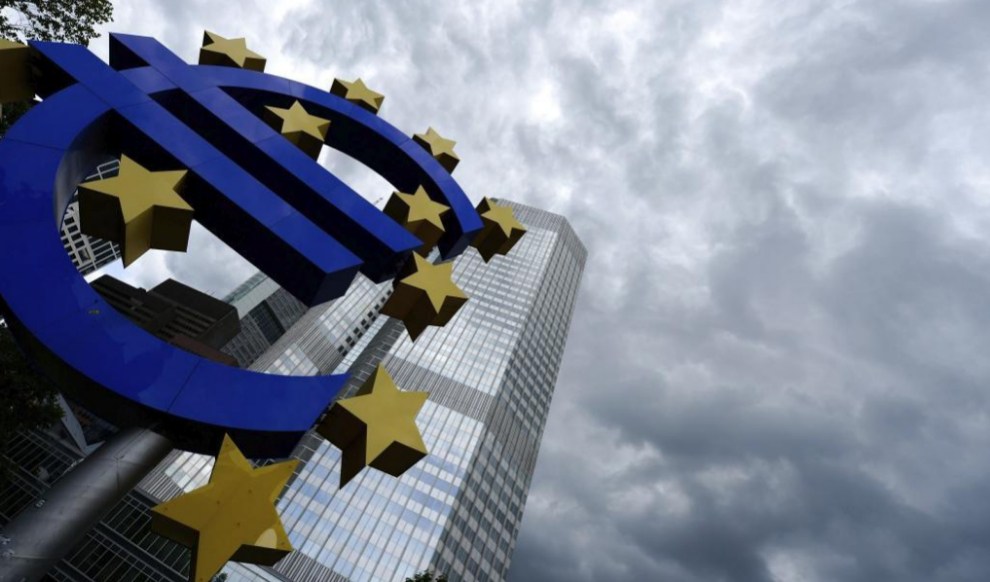In 2011, during the final, torrid summer of the Silvio Berlusconi’s government, Standard & Poor’s announced that Italy’s credit rating was at risk of a downgrade.
Elio Lannutti, an Italian senator, encouraged prosecutors in Trani, a small town in the south of the country, to investigate S&P’s rating analysts. They tapped phones, raided offices, pressed charges, and warned the analysts that they could be sentenced to years in prison.
The verdict was not guilty on all counts, but only after the trial had dragged on until 2017. The prosecutor, Michele Ruggiero, was later given a prison sentence for his misconduct in an unrelated case. The S&P analysts should never have been subject to an investigation, let alone a trial. They were just doing their job.
If the Eurozone has a core and a periphery, then Trani is on the edge of the periphery, closer to Albania than to Rome. So it would be tempting to dismiss the case as a one-off, unrepresentative of the single currency bloc. However, while S&P analysts were on trial in Trani, another worrying trial was happening in Athens.
Andreas Georgiou, former president of Greece’s national statistics agency Elstat, had made himself unpopular with the government by documenting the extent of Greece’s national debts as its public sector finances were collapsing. He was accused of harming the national interest, and resigned in 2015. Greece’s criminal courts gave him a two-year suspended sentence. The world’s leading statistics organisations awarded him a special commendation for integrity.
The Eurozone’s sovereign debt crisis is in remission, but the misuse of prosecutors has become worse, not better, and extends to those who upset large companies. Journalists at the Financial Times wrote a series of articles warning of financial shenanigans at Wirecard when it was one of the biggest companies on the Frankfurt Stock Exchange. Wirecard collapsed into insolvency, but not before BaFin, Germany’s financial regulator, asked Munich prosecutors to investigate FT journalists for market manipulation – the same charge that Trani prosecutors used against S&P analysts.
Let that sink in. The financial regulator of Europe’s largest economy sanctioned the use of the criminal justice system against individuals publishing facts or opinions that made powerful people uncomfortable. So did Senator Lannutti in Rome, and so did the government of Greece.
The FT challenged Markus Braun, the billionaire chief executive and largest shareholder of Wirecard. S&P offended another billionaire, Silvio Berlusconi. S&P, the FT and Andreas Georgiou stood up to the bullies. But we will never know how many stories of financial mismanagement have been suppressed by quietly effective acts of intimidation.
The European Union is planning an investigation into BaFin’s handling of Wirecard. This is an important, reactive measure. Proactively preventing misuse of criminal investigations in future is a more demanding task, requiring leadership from figures such as Didier Reynders, the European Union’s commissioner for justice, and Vera Jourova, the commissioner for values and transparency.
Financial transparency is threatened by the populist backlash against ‘fake news’. There is a long, dark history of demonising international capital and blaming domestic woes on foreign speculators, which was part of the context for all three of the aforementioned cases. Senator Lannutti has publicised a variety of conspiracy theories, including a claim that the Rothschilds control the international banking system.
Those who shine a spotlight on harsh realities, such as rating agencies and journalists, are part of the solution to financial difficulties, not part of the problem. This is a truth that public officials and politicians must accept, in the Eurozone and beyond.


